UN Human Rights Council holds urgent debate on Ukraine
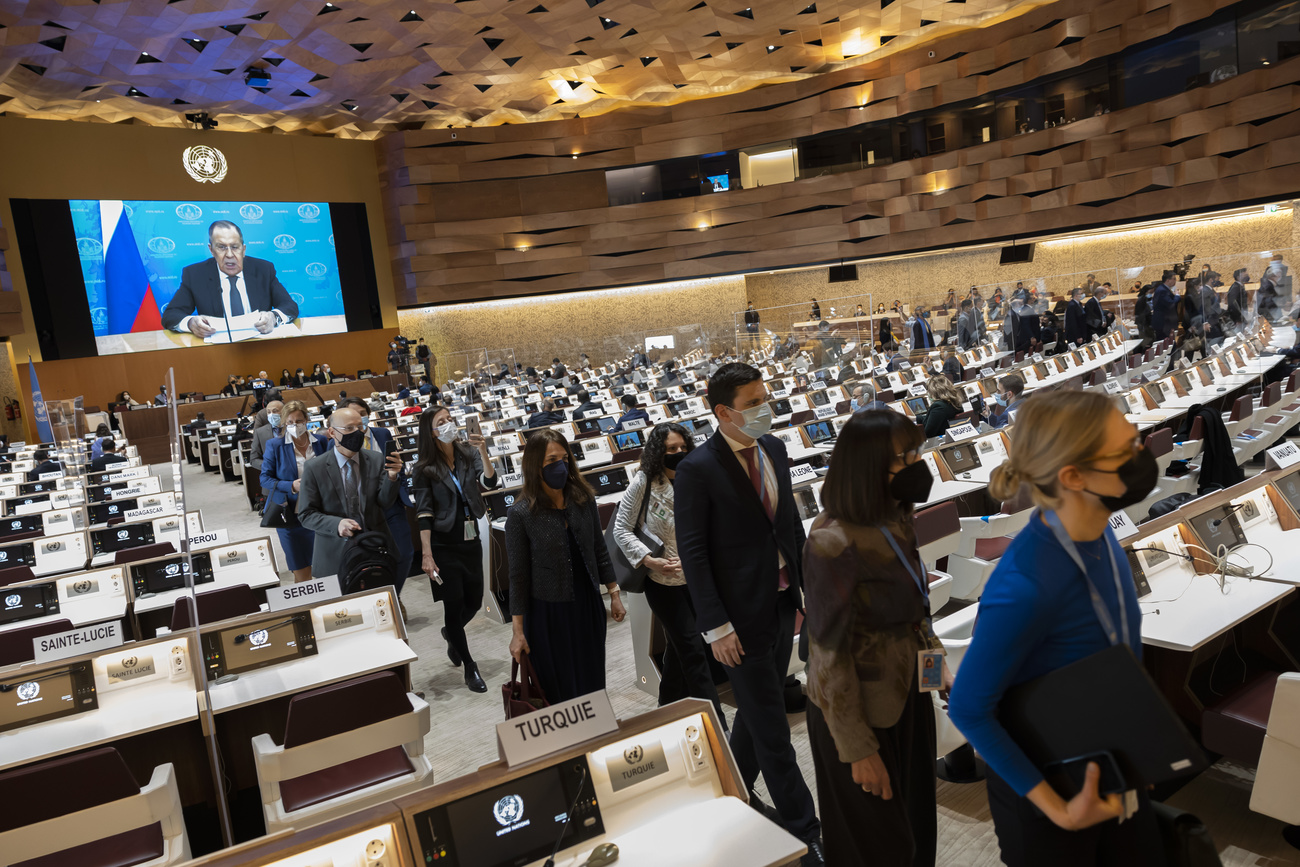
The UN Human Rights Council (HRC) is holding on Thursday an urgent debate requested by Ukraine on the human rights situation in the country following Russia’s invasion.
The 47 members of the council currently convening in Geneva will decide whether to set up a mechanism to investigate alleged violations of international human rights and humanitarian law in Ukraine.
The draft-resolution – co-sponsored by 37 UN member states – condemns Russia’s invasion of Ukraine, demands the withdrawal of its troops, and calls for the urgent establishment of an independent international commission of inquiry.
Eleven HRC members including Ukraine, France, Germany, the United Kingdom, and the United States support the resolution.
The draft resolution calls for three independent experts to collect and preserve evidence of alleged violations of international law “in order to maximise the possibility of its admissibility in any future legal proceedings in national, regional or international courts or tribunals that have, or may in the future have, jurisdiction.”
A commission of inquiry is one of the strongest tools the HRC has at its disposal to promote accountability and counter impunity for grave rights violations. The findings of a commission of inquiry may lead to political sanctions and could assist competent authorities in their efforts to investigate and prosecute cases – in particular as national courts increasingly exercise universal jurisdiction to try war crimes committed abroad.
Commissions of inquiry can also recommend that the UN Security Council refers a situation to the International Criminal Court (ICC).
Alleged rights abuses in Crimea and parts of the Donbass region since 2014, and in other parts of Ukraine since February 2022, would fall under the scope of the investigation.
The UN Human Rights Office says it has recorded 752 civilian casualties (227 killed and 525 injured) in Ukraine since Thursday last week, but believes this figure to be an underestimate.
Russia claims its invasion into Ukraine is a “special operation” with the aim to “demilitarise” and “de-nazify” Ukraine’s government and has not targeted civilians.
Attacks against civilians or those that do not distinguish between military targets and civilians are considered war crimes under international law.
Swiss president Ignazio Cassis, who is also responsible for the foreign ministry, called on Wednesday for the protection of civilians and safe and unimpeded humanitarian access.
“There is a humanitarian imperative in the middle of war, Switzerland, state party, and depository of the Geneva Conventions, reiterates its call for international humanitarian law to be strictly respected,” Cassis said.
Future evidence for trial
The commission is a step to ensure accountability for Russia’s alleged war crimes in Ukraine. The issue is that HRC resolutions are not binding, which means parties involved have no obligation to cooperate with such a commission.
The Commission of Inquiry on Syria, now over a decade old, has never been allowed into Syria to talk to witnesses and victims, and examine evidence. However, it has nevertheless amassed a wealth of evidence of widespread war crimes and crimes against humanity. Human rights defenders say that, given modern information technology and social media, it is now virtually impossible to commit major violations and keep them hidden.
The International Criminal Court prosecutor Karim Khan already announced on Wednesday that his office had received referrals from 39 countries – including Switzerland – to open an investigation into “any past and present allegations of war crimes, crimes against humanity or genocide committed on any part of the territory of Ukraine by any person,” dating back to 21 November 2013.
“With an active investigation now underway, I repeat my call to all those engaged in hostilities in Ukraine to adhere strictly to the applicable rules of international humanitarian law. No individual in the Ukraine situation has a licence to commit crimes within the jurisdiction of the International Criminal Court,” Khan stated.
Russia cannot block an investigation mandated by the HRC or conducted by the ICC, but bringing to courts perpetrators, especially political leaders, remains a challenge.
Push at the UN
Thursday’s urgent debate is part of a series of efforts led by Ukraine and its allies at the UN in Geneva and in New York to isolate Russia within the international community.
On Wednesday the UN General Assembly (GA) adopted a resolution condemning Russia’s invasion of Ukraine and calling for the withdrawal of its troops. 141 of the 193 member states voted in favour, five against, and 35 abstained. GA resolutions are not binding but carry political weight as they reflect the views of all UN member states.
The GA’s emergency session followed the rejection on Friday last week of a similar resolution at the Security Council, where Russia has veto power.
Ukraine’s foreign minister also called on Tuesday for a special meeting of the Geneva-based Conference on Disarmament to address Russia’s aggression and weapons of mass destruction.
The Human Rights Council convenes in Geneva until April 1.

In compliance with the JTI standards
More: SWI swissinfo.ch certified by the Journalism Trust Initiative

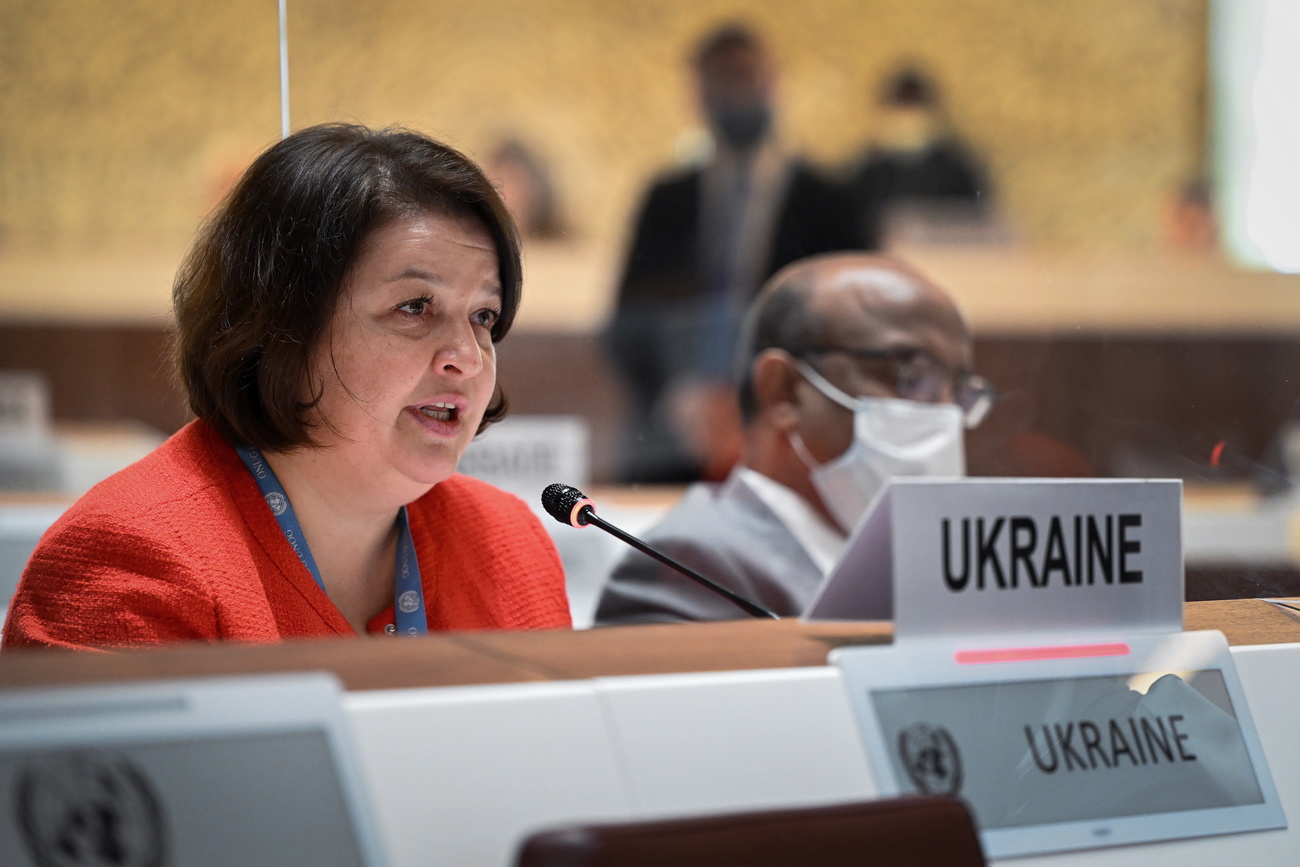
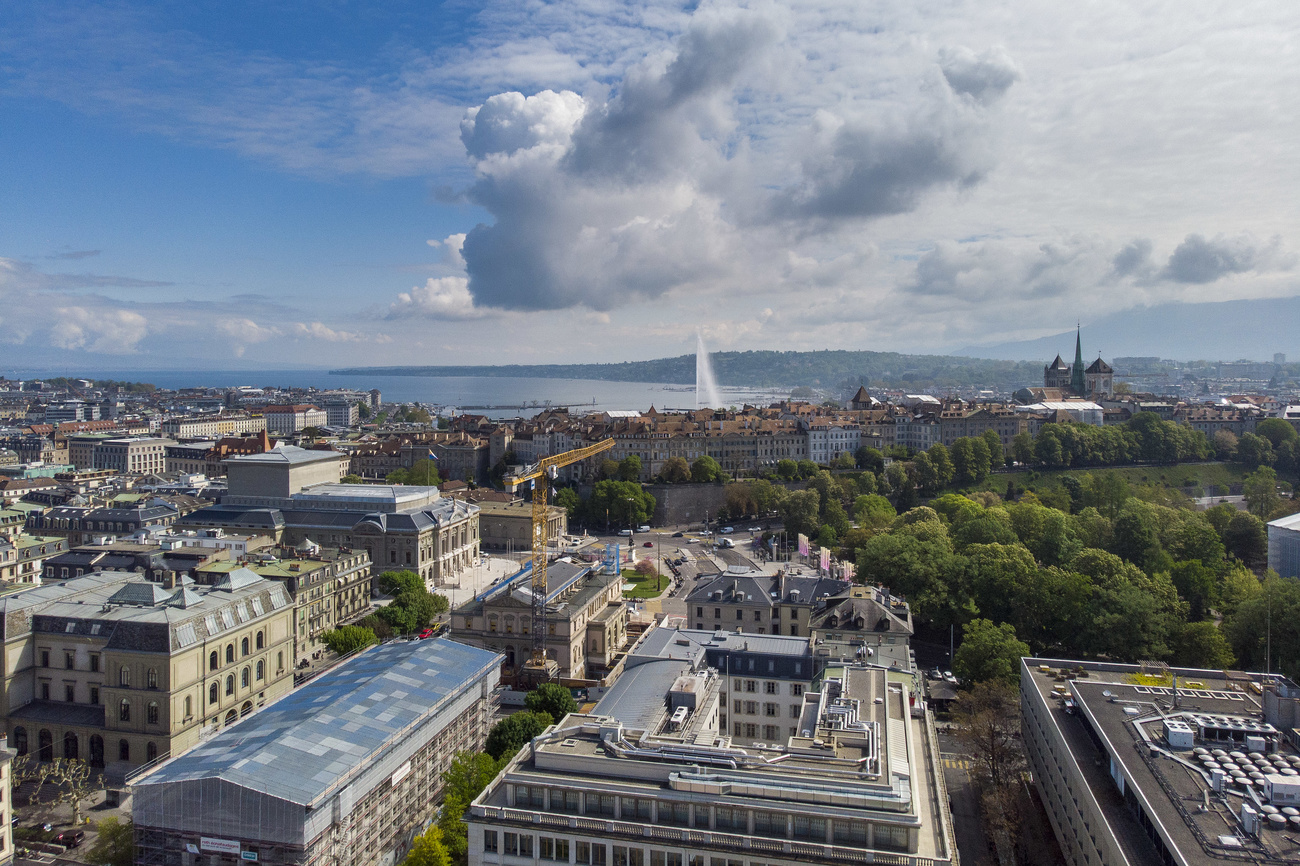
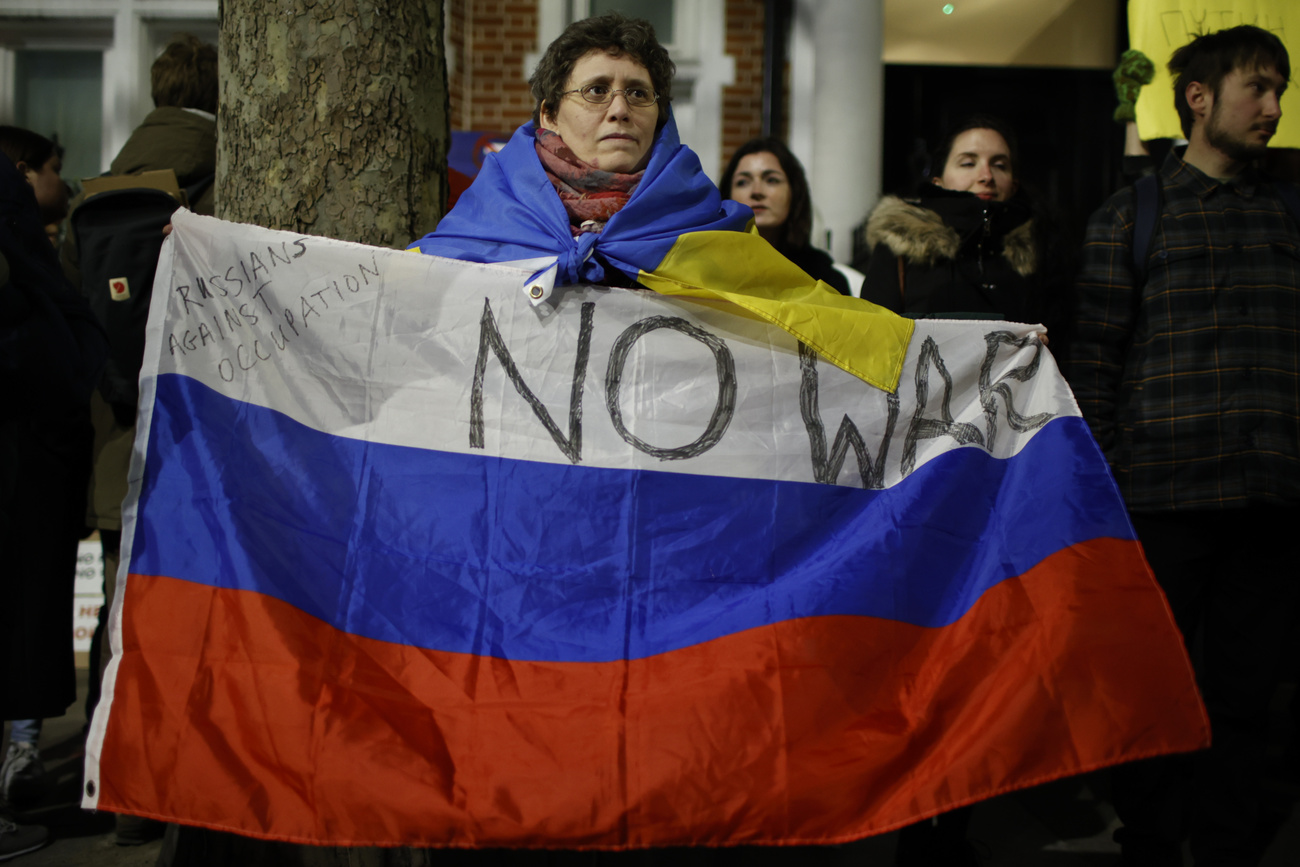
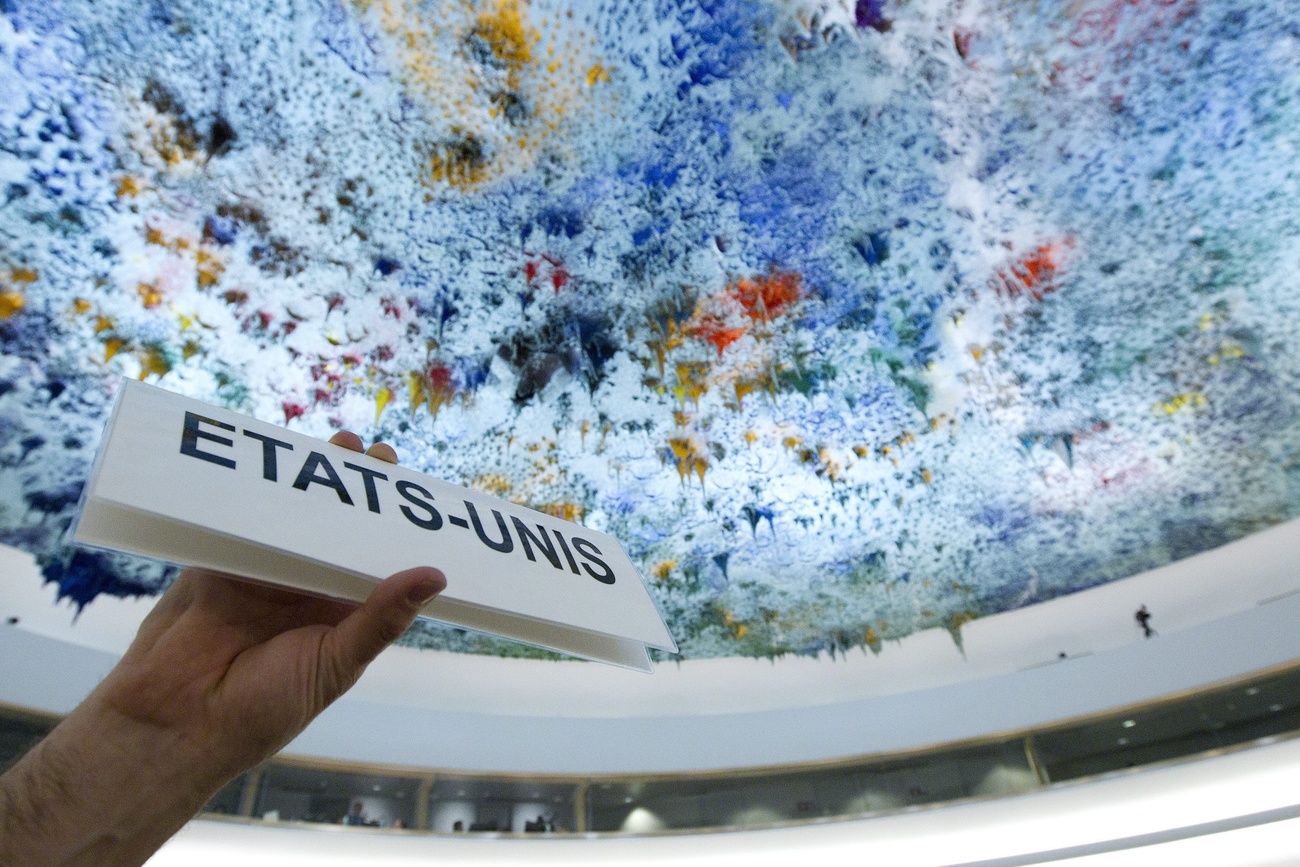
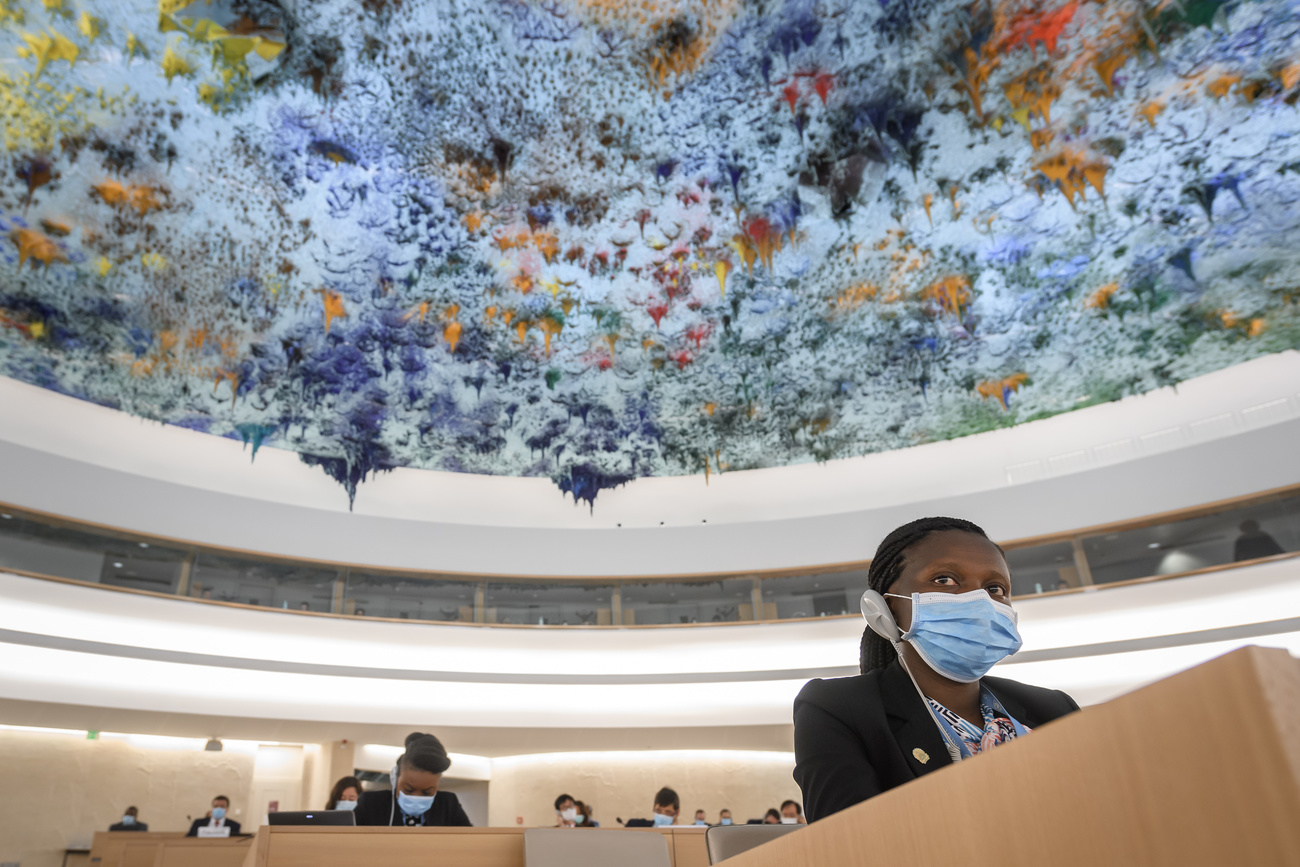
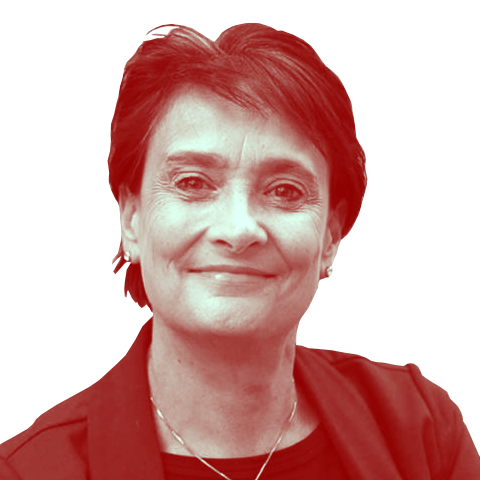
You can find an overview of ongoing debates with our journalists here. Please join us!
If you want to start a conversation about a topic raised in this article or want to report factual errors, email us at english@swissinfo.ch.